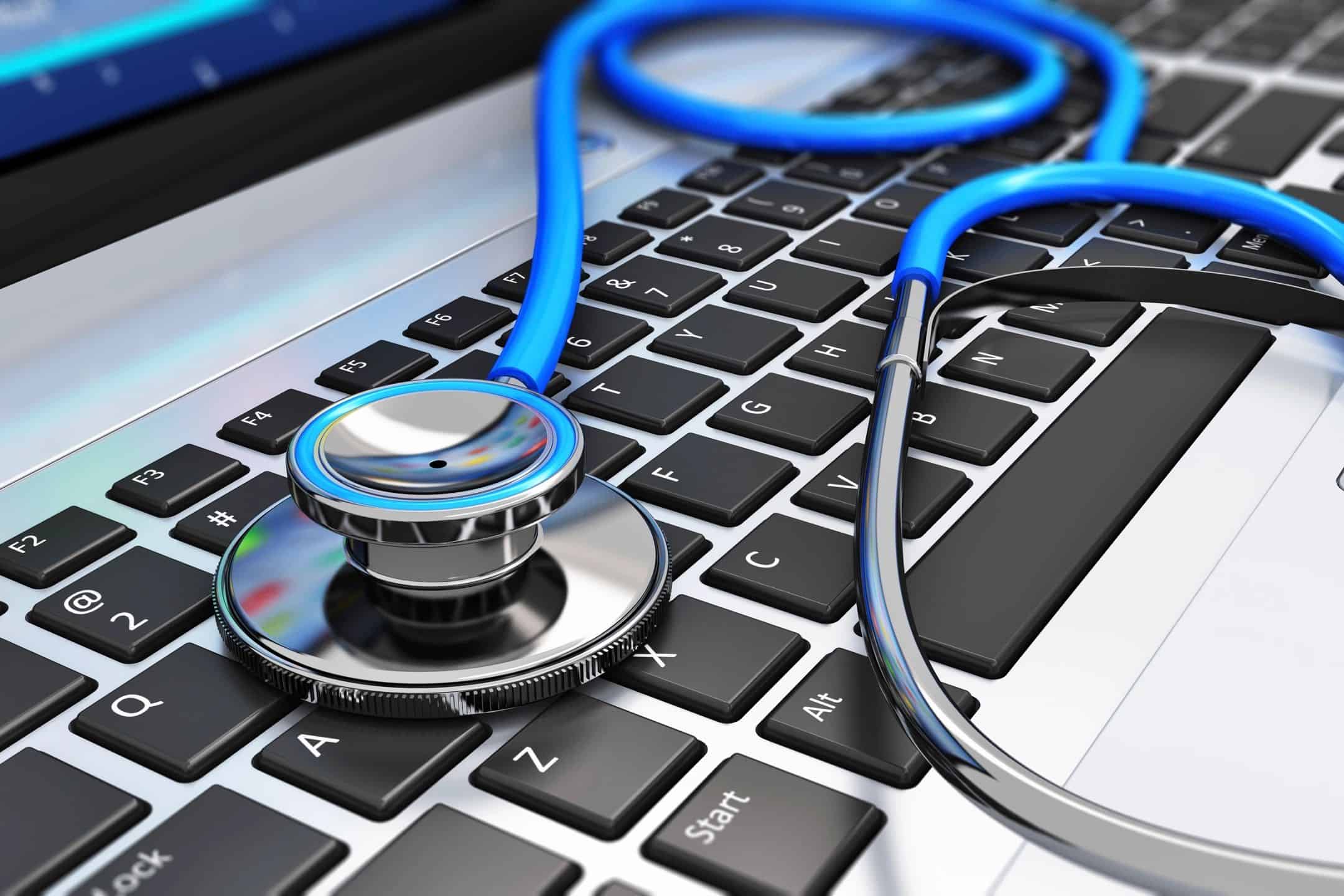There’s no doubt that medical coders are in high demand. With the steady advancement in electronic healthcare record (EHR) technology, coders and other healthcare information professionals have become increasingly vital across the healthcare system. The Bureau of Labor Statistics (BLS) projects 11% growth in the field from 2018 to 2028, a rate the organization describes as “much faster than the average for all occupations.”
If you’re considering joining this specialized field, we can help you navigate your career path. Let’s look at how and where certified professional coders contribute to healthcare and explore 5 vital medical coder skills.
Why are coders important to healthcare?
When patients visit any healthcare facility, there is a trail of records for services, procedures, and treatments received. Coders translate all this documentation into a uniform set of codes that form the backbone of cataloging patient information.
This information is essential for tracking patient outcomes, organizing clinical databases, and maintaining population health statistics and accurate billing. These responsibilities are what keep healthcare providers successfully operating.

Beyond medical billing, this data creates areas of opportunity for researchers and providers to put back into making the system run more efficiently.
What education background do coders need?
Healthcare systems prioritize candidates with certifications and registrations. According to the American Academy of Professional Coders (AAPC), those interested in pursuing this field should have a solid understanding of anatomy, physiology, medical procedures, and payer rules and policies. To take your career a step further, the organization recommends obtaining professional credentials via a coding training program.
American Health Information Management Association (AHIMA) recommends considering what education goals and career trajectory strategies fit your needs. That may include a college degree and/or coding programs that provide industry certifications such as:
- Certified Coding Associate (CCA)
- Certified Coding Specialist (CCS)
- Registered Health Information Technician (RHIT®)
Where do coders work?
Traditionally, coders primarily work in hospitals or medical offices. Coding jobs have also branched into a variety of health care-related settings, including working remotely for organizations such as:
- acute care hospitals
- physician practices
- professional associations
- rehab facilities
- skilled nursing facilities
- psychiatric hospitals
- government entities
- insurance companies
- pharmaceutical manufacturers
What skills should coders have?
Medical coders rely on extensive knowledge of medical terminology and codes, hospital policies, government regulations, and their own experience in the field. AAPC compares the skills of a coder to those of a “scholar, detective, educator, and problem solver.”
Let’s look at 5 of these essential skills:
1) Ability to work with fine details
Careless errors can quickly set coders – and those who work closely with them – back several steps. If you’re new to the field, it’s crucial to learn this quickly.
Attention to detail is the cornerstone of coding. It’s not just about gaining the respect and trust of peers; it’s also about maintaining patient confidentiality, billing correctly, and ensuring successful treatment outcomes.
2) Ability to communicate effectively
Communication is the foundation of medical coding. To succeed in this field, coders should be able to:
- put their active listening skills to use
- be able to retain information easily
- ask questions to better understand complex tasks, processes, etc.
- assert their knowledge and expertise to a wide variety of people, including providers and other healthcare professionals

3) Ability to face evolving challenges
All professions face challenges. But coders must be able to work through complex tasks and processes while navigating day-to-day interactions and professional relationships.
Even with years of experience, problems may not be easily solved. Coders must be able to investigate issues, follow up on unfinished items, and be prepared to revise their work. Both physicians and insurance providers can reject claims for numerous reasons. Working efficiently through such scenarios is the key to staying on track.
4) Ability to adapt to new technologies
Coders operate across technologies and platforms. Organizational needs are different, so individual software programs will vary. Successful coders should have proficiency in a variety of technologies such as:
- healthcare systems for billing and coding
- document management software
- Microsoft Office
- ICD-10
They should also be able to adapt to new technologies as healthcare processes evolve.
5) Ability to work independently
Coders walk a line between an individual role and an interpersonal role. The most effective in this field know how to take advantage of opportunities that drive goals.
There are now a wide variety of different coding positions. With a strong background built on up-to-date education and experience, you can grow your career as a medical coding professional. Both inside and outside of healthcare systems, remote jobs are popping up around the country. If you have the discipline to work independently and multi-task, you can take advantage of the new flexibility in the field.
Looking ahead
Coding is indeed a specialized field that requires unique skills and training. This is what makes those in the field so valuable to the ever-evolving world of healthcare.
As healthcare organizations grow increasingly reliant on data, the roles behind capturing, reviewing, and maintaining accurate patient records grow and evolve as well. More than anything, these roles form the essential link in billing and revenue cycle management to promote the long-term viability of healthcare systems.
We’re here to empower you
At Harmony Healthcare, our goal is simple: to help healthcare professionals and organizations move past their limitations, empower them to create change, and make more success achievable. That’s the promise we make to our clients and our consultants.
Learn more about life-changing opportunities here | Subscribe to our monthly newsletter here
Join our Facebook community here | Join our LinkedIn community here



